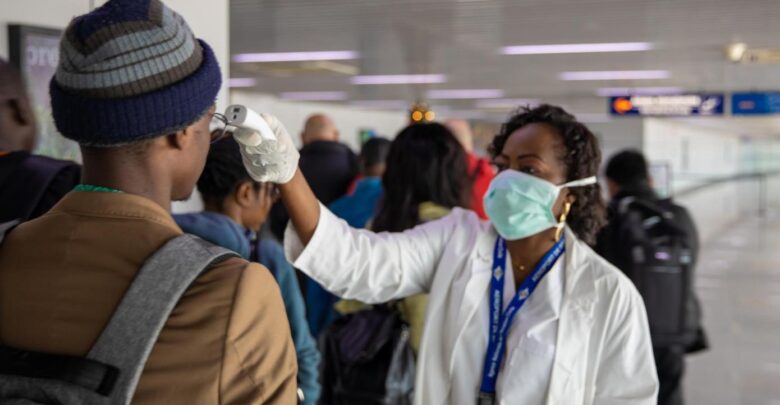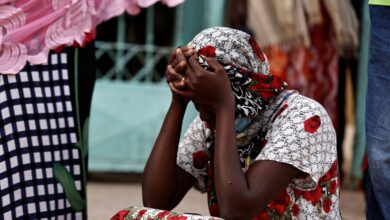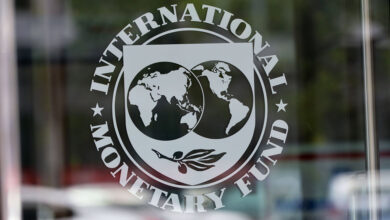Senegal
Senegal’s Health Ministry Says Hospitals Overwhelmed In Dakar As Virus Surges

Senegal’s health ministry on Monday said hospitals in the capital Dakar were almost close to saturation as the number of COVID-19 patients continues to increase, reported CGTN Africa.
The West African country is facing a third wave of virus infections with cases rising from a few dozen per day last month to about 1,700 a day in July. Most of the new cases have been reported in Dakar, a city of more than three million people.
Ousmane Diallo, the national director of public health institutions, told AFP that the third wave had been more severe than the first two waves.
“We are overwhelmed and close to saturation, with almost 99 percent of beds occupied in Dakar,” Mr. Diallo said.
He said that the city has 602 hospital beds and the medical staff in the hospitals are very tired and burned out. He added that the bed occupancy in the rest of the country stands at about 45 percent.
A surge in coronavirus cases in recent weeks is also causing delays in receiving COVID test results in the country.
Senegal’s Health ministry spokesman Mamadou Ndiaye said that the testing labs were overwhelmed due to high demand.
Senegal has reported over 57,000 cases so far, of which more than 1,200 have been fatal. It is feared that the Muslim festival of Eid al-Adha, which saw many people travel to meet family last week, will increase the caseload.
Senegal’s vaccination campaign restarted on Saturday after a brief pause, with the receipt of 151,000 doses of the Johnson & Johnson vaccine. About 640,000 people have received at least one dose of a COVID-19 vaccine so far.
Senegal’s President Macky Sall has warned to close borders and restrict internal travel is the health situation deteriorates. The government so far avoided imposing strict measures to curb the virus. A curfew and limits on gatherings were lifted after riots broke out in March.






